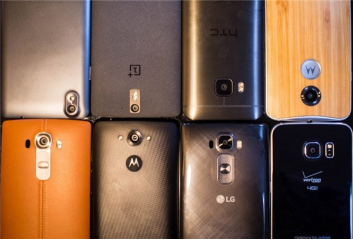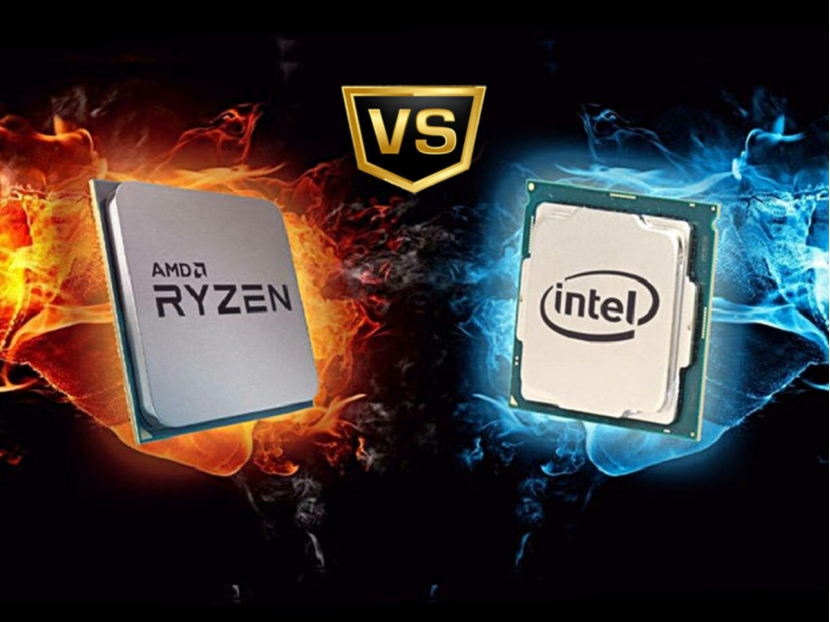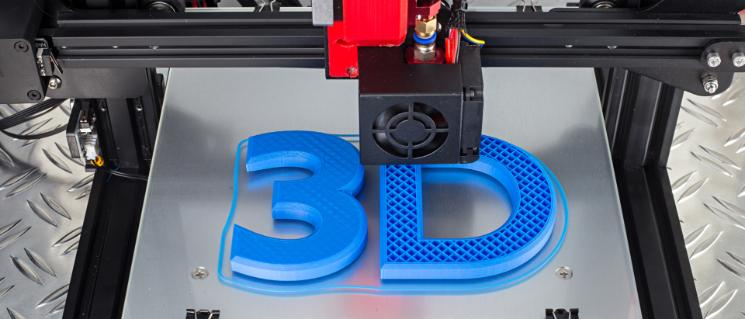Why Is USB-C the Future of Laptop Charging?
USB-C represents a significant advancement in laptop charging technology, offering a universal solution that transcends traditional proprietary charging systems. This innovative connector type combines power delivery, data transfer, and video output capabilities into a single, reversible port. The transition to USB-C charging for laptops reflects the growing demand for standardization, portability, and multi-functional connectivity in modern computing. As manufacturers increasingly adopt this technology, understanding its advantages helps users appreciate why USB-C is poised to become the dominant charging standard for laptops across all brands and price segments, ultimately simplifying power management while enhancing user convenience.
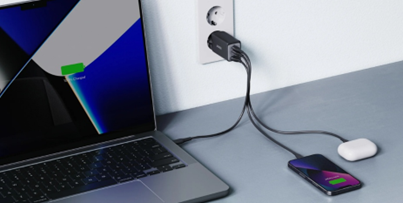
Universal Compatibility and Standardization
Cross-Device Charging Capability
The USB-C laptop charger offers unprecedented universal compatibility, allowing users to power multiple devices including laptops, smartphones, tablets, and peripherals with a single charger. This standardization eliminates the need for manufacturer-specific power bricks, reducing electronic waste and simplifying travel. The USB-C Power Delivery specification enables safe power negotiation between devices, ensuring optimal charging regardless of brand. This universal approach means users can potentially charge their laptop using power banks, monitors, or even other laptops equipped with USB-C ports. The interoperability across devices from different manufacturers makes USB-C an environmentally conscious and user-friendly charging solution that supports today's multi-device ecosystems.
Reversible Connector Design
USB-C's reversible connector design eliminates the frustration of incorrect plug orientation that plagued previous USB versions. The symmetrical 24-pin connector can be inserted either way, making connection intuitive and reducing port damage from forced incorrect insertion. This user-friendly design is particularly valuable for laptop charging, where frequent connection and disconnection occurs. The robust connector design withstands approximately 10,000 insertion cycles, ensuring long-term reliability for daily use. This practical improvement enhances the overall user experience while maintaining secure physical connections that support high-speed data transfer and power delivery simultaneously, making the USB-C laptop charger a superior choice for modern mobile computing needs.
Advanced Power Delivery Features
High-Power Fast Charging
USB-C Power Delivery technology supports up to 240W of power delivery, sufficient for charging even high-performance laptops and workstations. The intelligent power negotiation system allows devices to communicate their power requirements, enabling optimized charging speeds while protecting battery health. Fast charging capabilities can replenish laptop batteries from 0 to 50% in approximately 30 minutes, depending on device specifications. The USB-C laptop charger dynamically adjusts voltage from 5V to 48V while maintaining constant power flow, ensuring efficient energy transfer. This sophisticated power management system represents a significant advancement over traditional fixed-voltage chargers, providing faster, smarter charging for modern laptops.
Multi-Functional Connectivity
A single USB-C port simultaneously handles power delivery, data transfer speeds up to 40Gbps (USB4), and video output supporting up to 8K resolution. This convergence of functions enables streamlined workspace setups where laptops can connect to monitors, external storage, and peripherals while charging through a single cable. The USB-C laptop charger supports various protocols including DisplayPort, Thunderbolt, and HDMI Alt Mode, creating versatile connectivity solutions. This multi-functionality reduces cable clutter and simplifies docking scenarios, particularly valuable for mobile professionals and home office setups where efficiency and simplicity are paramount considerations for daily productivity.
Technical Advantages and Innovation
Space-Efficient Design
The compact USB-C connector enables thinner laptop designs while maintaining robust power delivery capabilities. This space efficiency allows manufacturers to create sleeker devices without compromising charging performance. The smaller port footprint also facilitates the development of more portable charging accessories, including compact power adapters and multi-port charging stations. GaN (Gallium Nitride) technology in modern USB-C laptop chargers further reduces adapter size while improving energy efficiency. These design advantages support the trend toward ultra-portable computing devices while providing reliable power solutions that align with modern aesthetic and functional requirements for both hardware and accessories.
Future-Proof Technology Development
USB-C continues to evolve with ongoing specification improvements that ensure long-term relevance. The technology's inherent scalability supports increasing power demands from future laptop generations while maintaining backward compatibility. Industry-wide adoption by major manufacturers reinforces USB-C as the definitive future standard for laptop charging and connectivity. Regular specification updates address emerging needs like higher power delivery, faster data transfer rates, and enhanced video capabilities. This commitment to continuous improvement, combined with universal industry support, positions the USB-C laptop charger as a sustainable long-term investment that will remain compatible with future technological developments in mobile computing.
Environmental and Economic Benefits
Reduced Electronic Waste
Standardization on USB-C charging significantly reduces electronic waste by eliminating the need for manufacturer-specific chargers. This universal approach extends charger lifespan across multiple device generations and brands, decreasing the environmental impact of discarded power adapters. The USB-C laptop charger's compatibility with various devices promotes resource efficiency and supports circular economy principles. Manufacturers can reduce packaging materials and shipping weight when excluding chargers from new device sales, further minimizing environmental footprint. This sustainable approach aligns with global environmental initiatives while providing economic benefits to consumers through reduced accessory purchases and improved charger utilization across their device ecosystems.
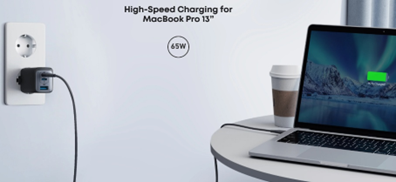
Conclusion
USB-C technology represents the future of laptop charging through its universal compatibility, advanced power delivery capabilities, and multi-functional design. The usb c laptop charger offers significant advantages in convenience, efficiency, and sustainability that address the evolving needs of modern computing. As the industry continues to standardize on this technology, users benefit from simplified power management, reduced electronic waste, and future-proof connectivity solutions. The ongoing development of USB-C specifications ensures this technology will continue to meet increasing performance demands while maintaining backward compatibility, solidifying its position as the definitive charging standard for laptops and mobile devices in the coming years.
Copyright © 2023 guideforests.com. All rights reserved.
